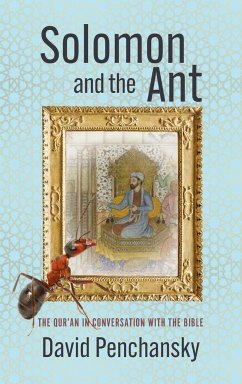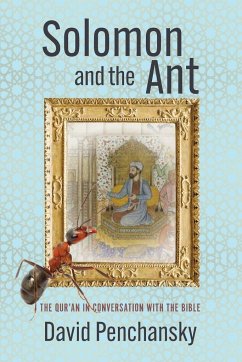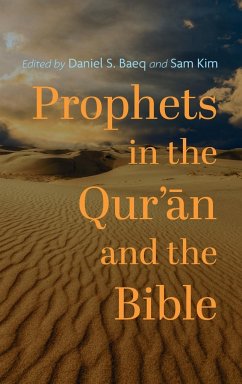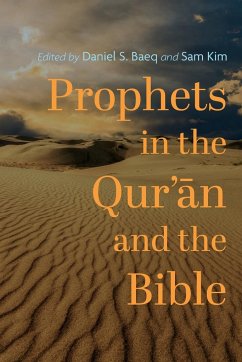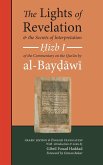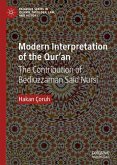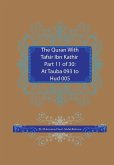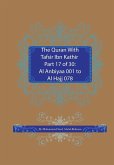Solomon and the Ant, using the Bible as a dialogue partner, examines stories from the Qur'an, their drama, characters, and meaning. Although some qur'anic stories have close biblical parallels, here Penchansky examines stories without biblical precursors. Qur'anic narratives in dialogue with biblical texts enhance understanding. Penchansky chooses biblical stories that address similar questions about the nature of God and God's interaction with people. Solomon matches wits with an ant, a bird, and the queen of Sheba. Magical creatures, the jinn, are driven out of heaven by fiery meteors. Moses, on a quest, meets a mysterious stranger. The Bible offers parallels and connections. Genesis, Exodus, Isaiah, Matthew, and other biblical books, contrast with the qur'anic text, comment on the qur'anic story, and supplement it. - Separated by space and time, the Bible and the Qur'an faced similar issues. - Both the Bible and the Qur'an adapted material from their surrounding culture while at the same time distinguishing themselves from that culture. - Rather than addressing this cultural confrontation with rigid certainty, the Bible and the Qur'an are ambiguous and multivocal. - The Bible and the Qur'an are layered, containing stories within stories, fragments, and structural abnormalities. These features contribute to meaning. Penchansky's analysis of these stories makes the Qur'an accessible and compelling to nonspecialists and students.
Hinweis: Dieser Artikel kann nur an eine deutsche Lieferadresse ausgeliefert werden.
Hinweis: Dieser Artikel kann nur an eine deutsche Lieferadresse ausgeliefert werden.

